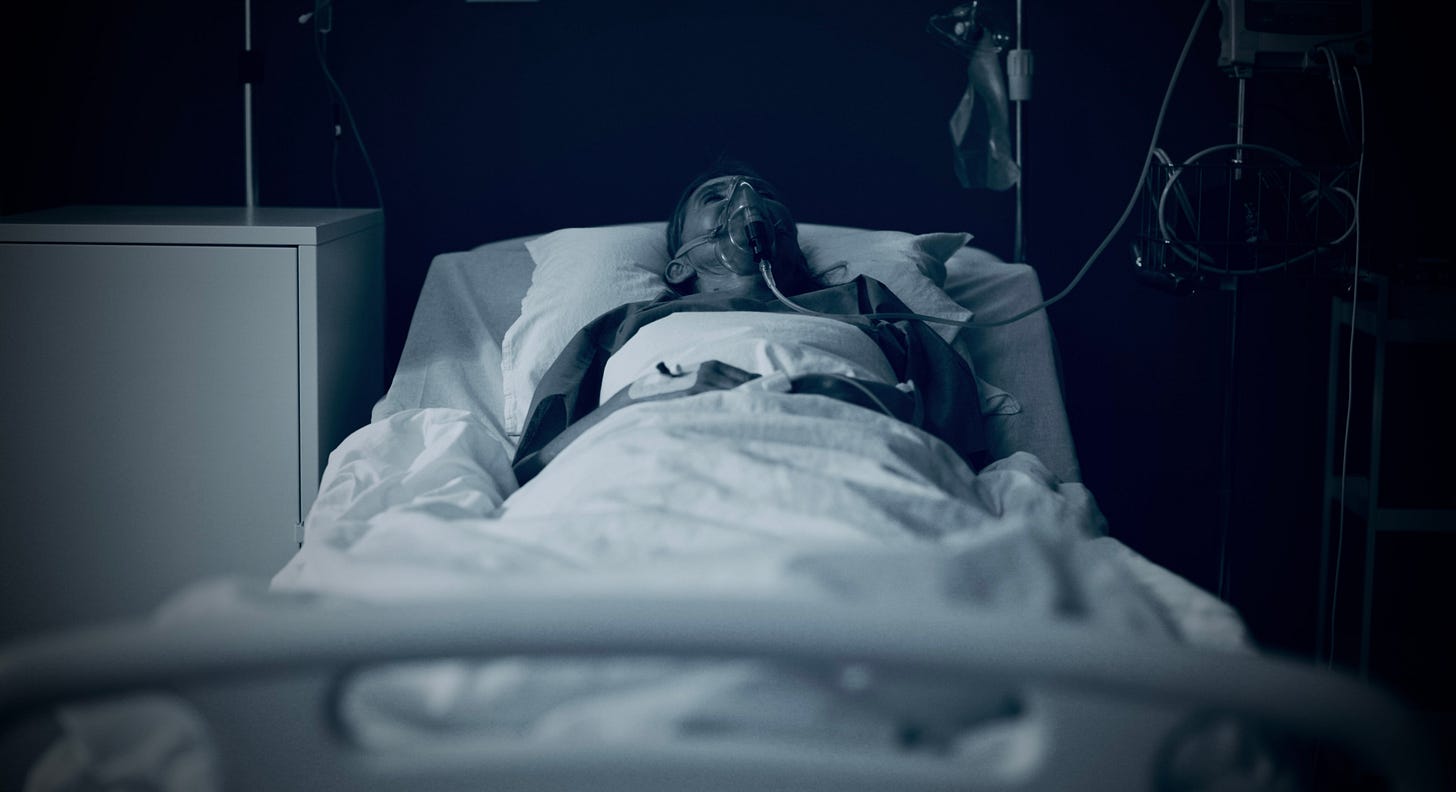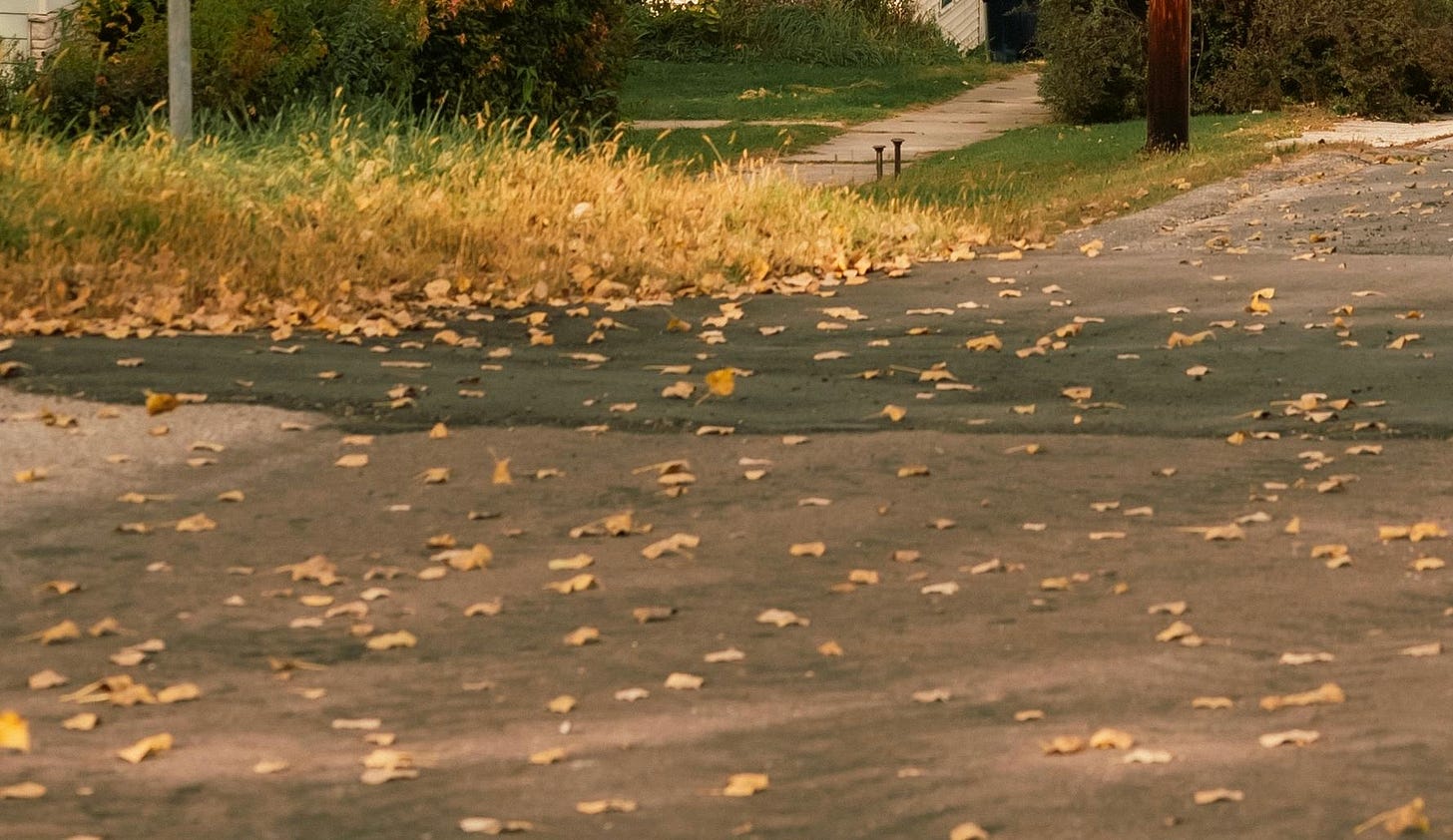The Blues & Billie Armstrong 58
HE SAYS YOUR NAME
Previously in The Blues & Billie Armstrong…
I was expecting some sort of legal document, but inside was a single folded piece of cheap typewriter paper like I remembered from my early days in the offices of the Call & Record. I unfolded it and saw a block of type in fading black ink. In effect, these were my father’s final words to his son.
I read through it three times. Maybe more. And the handwritten revisions in my father’s small, tight printing.
True, the booze was not enhancing my faculties, but this was a lot to process, well lubricated or not. I understood what the document meant on the surface—MIA not KIA. It took a few reads to recognize the terrible unavoidable implications: that my father had rewritten an official government press release and published a fake obituary, all in some desperate attempt either to hold on to my mother or punish her.
I already knew he’d arranged for J.R. Cole’s arrest and coerced enlistment into the army; that was clear from the letters in the hatbox. I knew Cole’s obituary had fed her depression and led to her death, accidental or not; the scrap of paper in her dress pocket told that story. But it was true they’d committed adultery. It was true he was a draft dodger. And I believed it was true that he’d died in Vietnam.
But now I realized, my mother had been killed, even if indirectly, not with the truth, but with my father’s lie.
And he’d planned to keep this from me until it was too late for a confrontation. Too late for accountability. A deathbed confession on the cheap. I went to find him, ready to rage in and shake him awake, make him pay up by showing him the contempt he deserved.
He was laid out in the dayroom. It was the biggest space and the closest to the bathroom, the logical location for all the deathwatch paraphernalia—the motorized bed and the oxygen tanks and the hanging drug bags and blinking buzzing boxes. No room for the old Grundig hi-fi. The bed pushed up against the wall, right where the window between Billie’s room and mine had been. He had torn it out and sheetrocked over the hole. There was no sign it had ever been there.
I stood in the doorway and studied the shrunken shape in the bed, his gray-yellow face. I listened to the wet-rattle rhythm of his breath and watched his eyelids flutter and his mouth grasping for air. At the same time I saw my mother in that bed with a cold washrag on her forehead, and Billie sitting cross-legged in a patchwork skirt reading Kerouac out loud.
The front door was open and Laurette and Carla were out on the porch, murmuring in low voices. A motorcycle grumbled by in the street. I went to the kitchen, slumped down into a chair and poured another drink. I folded up the press release and returned it to the manilla envelope.
Laurette came in. “Well?”
I said, “Do you remember what you said at my mother's funeral?” She looked at me like I had a bad haircut, but I went on. “I remember Pop was all pissed off, and you said he had a good reason, and Grandma Junia said you didn’t know what you were talking about. Then you said—”
“Boy, that’s some powerful old shit you’re dredging up,” she cut me off. “But I do remember what I said. I said, I only know what I read in the newspaper.”
“You were talking about J.R. Cole, weren’t you? His obituary.”
She didn’t look that surprised, but she said, “Now, how do you even know that name?”
“Well, we never told anybody but, right after Billie moved in, we found some letters in the dayroom closet.”
“I see,” she said with a nod that I read as resignation. “So, way back then you knew about Cole and Evie—your mother—uh, carrying on?”
“And, when you gave us a ride that time, we knew he was the draft dodger you told us about, the one Frankie Watkins got in trouble over. And how they tried to run away to Canada but my father made sure he got arrested and forced into the army.”
She let out a long sigh and poured herself another drink. “Yeah, that’s all true. Your father thought it would break them up, and then Evie would just get over it somehow. Like magic. But love don’t work that way. She was blind crazy for that guy, and there wasn’t a damn thing Mike could do about it. Sending him off to the army just pissed her off, drove her into herself. But when they sent him to war—well, she kinda went off the deep end after that. That’s when the yelling and the headaches and the pills and the drinking all got worse. You asked about the obituary, so I guess you kinda figured out the rest. Broke her heart clean through’s what it did.”
“And that’s what you meant at the funeral?”
“Yeah. Your father would never admit it, and neither would Junia, but if I’m being honest I’d say that’s what killed her, one way or another.”
“Grandma Junia knew?”
“Junia’s the one who got the draft board to look into the poor guy’s status in the first place. But Pop and Molly knew the whole story and that’s why Pop was so mad. He blamed your father mostly. And I think, in secret, your father knew it was his fault. And it tortured him.”
“Well, it was his fault! And worse than that, it was all a fucking lie. Turns out Cole didn’t even die in Vietnam—at least not then. For all we know he’s walking around above ground at this very moment.”
“Archer, what the hell are you talking about?”
I slid the manilla envelope across the table next to Laurette’s ashtray. “Read it now or read it later when you’re alone, or when he’s passed, but I shouldn’t be the only person who knows this shit.”
“Alright, I’ll read it. Later. I promise. But listen to me, whatever it is, you can’t keep letting the past eat you up,” she said. “You gotta find a way to move on.”
She lit another smoke and we went out on the porch with the nurse. No one said anything for a few moments. It was late afternoon, and the sun was still high and sharp in the west and flashing off the chrome on the Cadillac. October leaves skipped down the street on the breeze.
I downed my drink and set the empty glass on the porch railing. I shook Carla’s hand and said, “Thanks for your help.”
“He says your name sometimes in his sleep,” Carla said. “In his morphine dreams.”
“Well… that’s something,” I said. I kissed Laurette lightly on the cheek and walked down the stairs. At the bottom I turned and looked back. “What was he like—Cole, I mean—did you know him?”
“No, I never met him. Pop and Molly did, I guess, but I never even saw a picture of the guy.”
The Blues & Billie Armstrong is a work of fiction. Names, characters, businesses, places, events and incidents in this book are either the product of the author's imagination or used in a fictitious manner. Any resemblance of the fictional characters to actual persons, living or dead, is purely coincidental.
© All Rights Reserved



